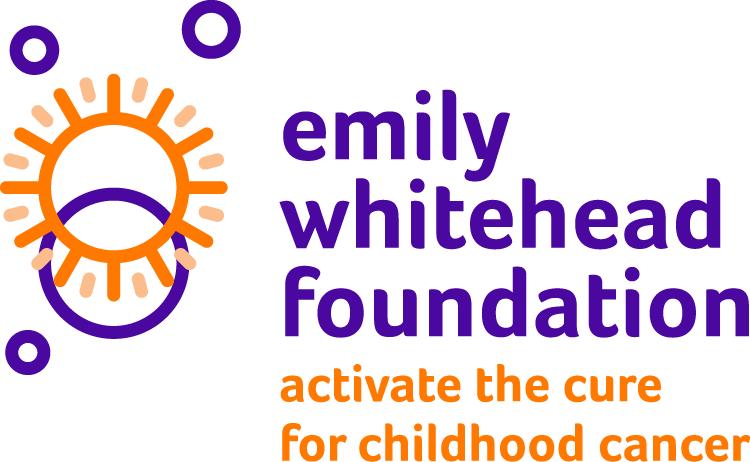EGFR806 CAR T Cell Immunotherapy for Recurrent/Refractory Solid Tumors in Children and Young Adults
Other Solid Tumors
0-9 years 10-17 years 18-26 years
1
 Biological
Biological
4-1BBζ EGFR806-EGFRt / 4-1BBζ CD19-Her2tG
Condition: Pediatric Solid Tumor
This is a phase I, open-label, non-randomized study that will enroll pediatric and young adult research participants with relapsed or refractory non-CNS solid tumors to evaluate the safety, feasibility, and efficacy of administering T cell products derived from the research participant’s blood that have been genetically modified to express a EGFR-specific receptor (chimeric antigen receptor, or CAR) that will target and kill solid tumors that express EGFR and the selection-suicide marker EGFRt.
EGFRt is a protein incorporated into the cell with our EGFR receptor which is used to identify the modified T cells and can be used as a tag that allows for elimination of the modified T cells if needed. On the first arm of the study, research participants will receive EGFR-specific CAR T cells only. On the second arm of the study, research participants will receive CAR T cells directed at EGFR and CD19, a marker on the surface of B lymphocytes, following the hypothesis that CD19+ B cells serving in their normal role as antigen presenting cells to T cells will promote the expansion and persistence of the CAR T cells. The CD19 receptor harbors a different selection-suicide marker, HERtG.
The primary objectives of the study will be to determine the feasibility of manufacturing the cell products, the safety of the T cell product infusion, to determine the maximum tolerated dose of the CAR T cells products, to describe the full toxicity profile of each product, and determine the persistence of the modified cell in the subject’s body on each arm. Subjects will receive a single dose of T cells comprised of two different subtypes of T cells (CD4 and CD8 T cells) felt to benefit one another once administered to the research participants for improved potential therapeutic effect.
The secondary objectives of this protocol are to study the number of modified cells in the patients and the duration they continue to be at detectable levels. The investigators will also quantitate anti-tumor efficacy on each arm. Subjects who experience significant and potentially life-threatening toxicities (other than clinically manageable toxicities related to T cells working, called cytokine release syndrome) will receive infusions of cetuximab (an antibody commercially available that targets EGFRt) to assess the ability of the EGFRt on the T cells to be an effective suicide mechanism for the elimination of the transferred T cell products.
